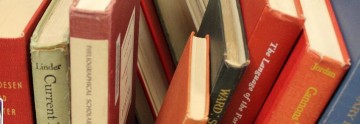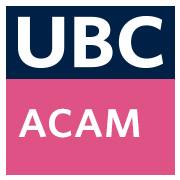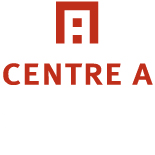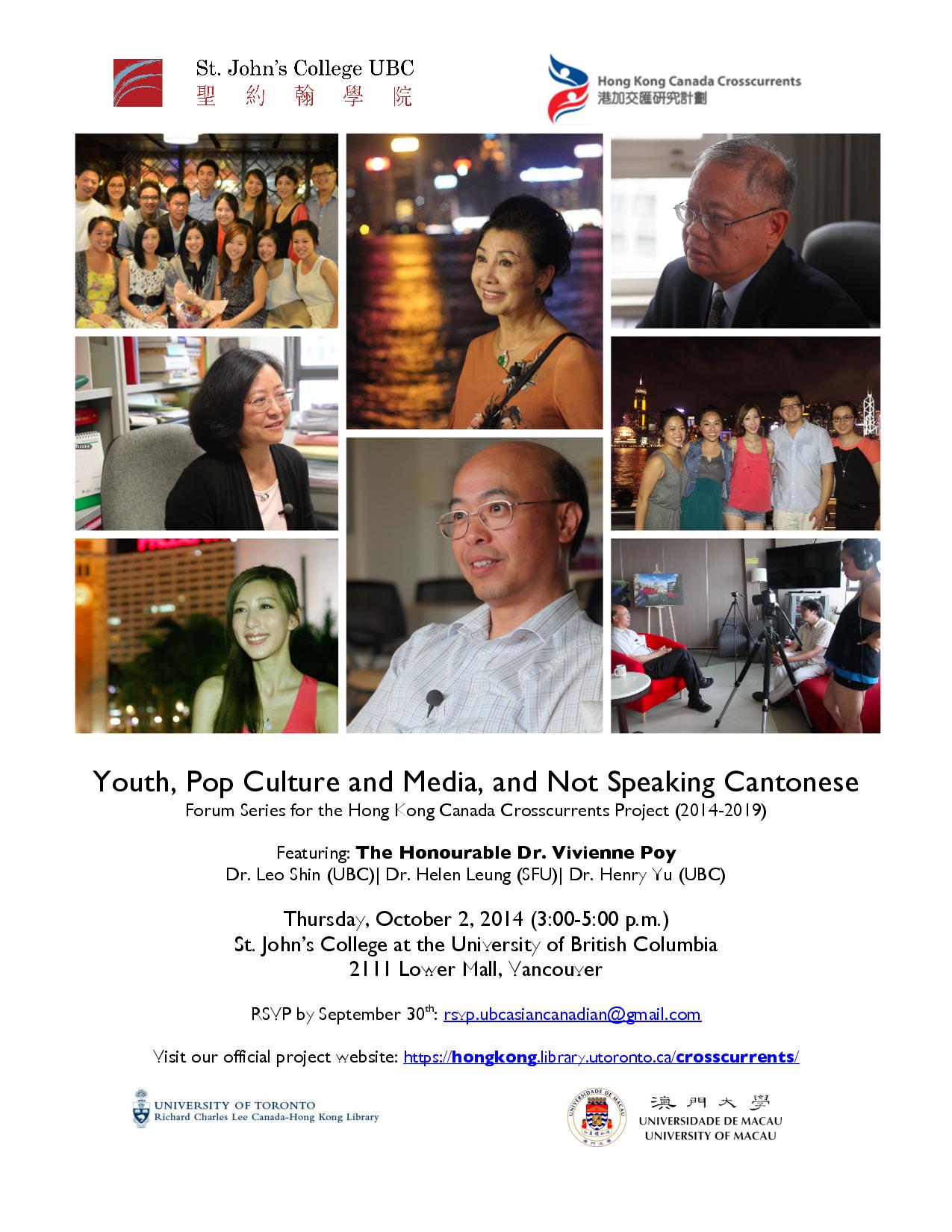Description:
We live at a time of transition between two worlds — the disconnected, analog past and the wired, digital future. Nowhere is this transition more apparent than in higher education, where cutting-edge technologies regularly mix side by side with centuries-old traditions. Openness is about overcoming barriers and paradigms of the past to unleash the transformative power of freely and fully using information in today’s world. Considerable strides have already been made toward Open Access in the realm of scholarly and scientific research, with millions of papers now available online through Open Access journals or institutional repositories, and hundreds of institutions adopting self-archiving policies. The movement for open education is following suit, expanding the use of Open Educational Resources (OER) to hundreds of thousands of students and saving tens of millions dollars on textbooks. Open Access and OER are essential building blocks for a more open future, and they are stronger together. Nicole’s talk will connect the dots between the areas of overlap and common lessons learned from the movements for Open Access and Open Educational Resources, as well as identify strategies for moving toward a more open future in higher education.
Speaker Bio.:
Nicole Allen is the Director of Open Education at the Scholarly Publishing and Academic Resources Coalition (SPARC). She also currently chairs the Steering Committee of the Open Policy Network. Her work focuses on public policy and engaging and supporting the library community. She worked for seven years at the Student Public Interest Research Groups, organizing grass roots campaigns around issues related to open educational resources. This included a cross-country tour dubbed “The Textbook Rebellion,” resulting in 3,000 university professors signing a commitment to consider adopting open textbooks. Nicole is regarded as one of the leading experts on college textbooks costs. Nicole splits her time between her home in Providence, Rhode Island and SPARC’s headquarters in Washington D.C.








